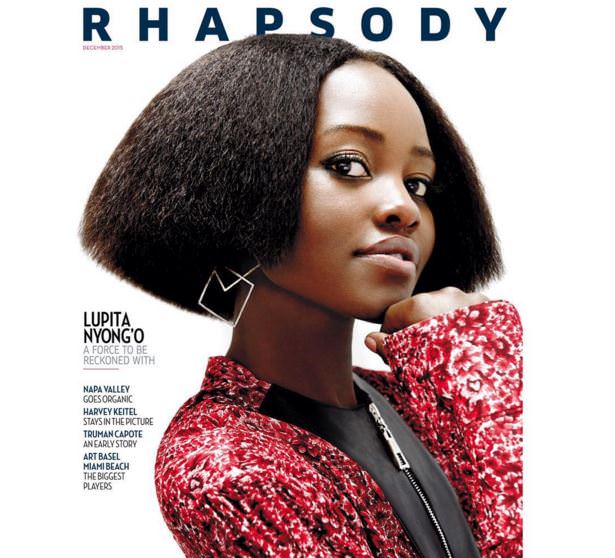Nigerian Muslims today join their counterparts in the world to mark another Eid-el Kabir. This followed the announcement on Tuesday by the Sultan of Sokoto and the President of the Supreme Council for Islamic Affairs, Alhaji Sa’ad Abubakar III, declaring Wednesday, May 28, 2025, as the first day of the month of Dhul hajj. Eid -el- Kabir is observed on the 10th of the Islamic month.
As usual, Muslims are expected to observe the day with prayers, the offering of sacrifices and exchange of gifts and visits to friends, relations and other well-wishers.
Eid el Adha, as it is also called, marks the climax of the annual hajj rites by millions of Muslims who converge on Mount Arafat on 9th of Dhul Hijjah to pray. The hajj is one of the five pillars of Islam expected to be performed by every adult Muslim at least once in their lifetime.
The hajj rites, especially the stay at Mount Arafat, represent a significant reflection of what Islam stands for – the equality of human beings before the Almighty Allah. It is a gathering which brings people from all corners of the world attired in the same clothes which do not distinguish the rich from the poor or the ruler from the ruled. It does tell every Muslim that before the Almighty Allah we are the same. As Allah said in the glorious Qur’an, the best among humanity is the most righteous. Thus, this day reminds the Muslims of their equality before their Maker and that they should strive to do the work that would please Him and get the ultimate reward. It teaches us to work against discrimination against our fellow human beings based on his colour, tribe and status.
This sacrifice is to commemorate the initial sacrifice made by Prophet Ibrahim (AS) who saw a vision in which he was divinely commanded by Allah to offer his only son, Ismail, as a sacrifice. The son respectfully consented to the wish of his father, which was inspired by Allah’s command. When Ibrahim (AS) laid his son prostrate on his forehead in readiness for the sacrifice, the son was ransomed by Allah with a ram. This, in essence, is the height of patience and submission in which both Ibrahim (AS) and his son, Ismail (AS), cheerfully offered to suffer self-sacrifice in order to obey Allah’s divine command. Since then, it became a rite for Muslims who possess the means to offer sacrifices, annually, on the 10th day of the Islamic lunar month of Dhul-Hijjah.
The essential message in this annual religious rite of sacrifice is symbolised by Prophet Ibrahim (AS)’s persevering patience and Ismail (AS)’s obedience. Sincere sacrifice as demonstrated by Ismail begins with obedience to divine commandments and to the commands of those charged with authority among us. Obedience to Allah, parents and constituted authorities is, therefore, an expression of, and indeed, an assured path to genuine sacrifices. More importantly, no act of sacrifice goes unrewarded in the sight of Allah.
Sacrifice, which nonetheless encompasses service to humanity, goes beyond animal sacrifices on the occasion of Eid. It also includes giving out our time, physical strength or wealth for the benefit of our country. It equally includes any other sacrifice that could be offered for the development of society. Credible leadership achieved through selfless service is a manifestation of sincere sacrifice. Selfless service provided for the common good of the people is essentially a reflection of genuine sacrifice. Where greed such as the excessive type common among Nigerians is a norm, the intent to make sacrifices may never go beyond wishful thinking.
Thus, we at the Daily Trust enjoin Muslims to continue to make sacrifices for the good of our country and humanity at large. There is no better time to display this good action than now when the country is in a dire circumstance and requires the input of every one of us to find durable solutions. In particular, the leaders have to lead by example in achieving this. At our individual levels, we have to continue to be our brothers’ keepers to achieve a cohesive community.
We wish all our Muslim brothers and sisters Happy Sallah.












